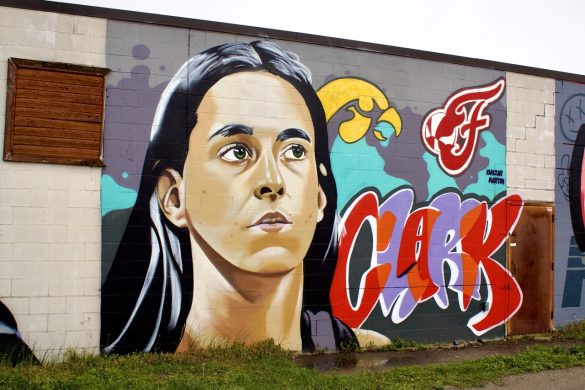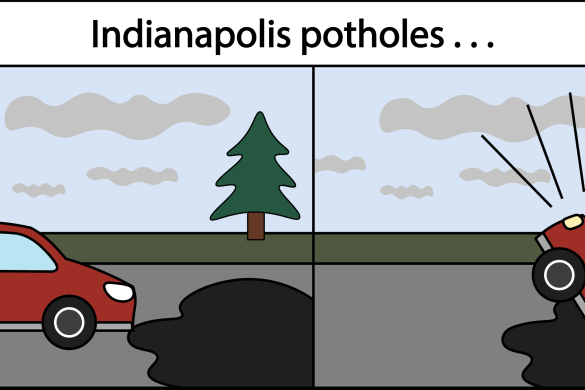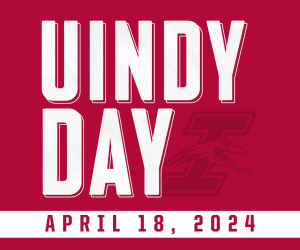The afternoon that my best friend Layla passed away was an afternoon that I will never forget. I remember a close friend calling to tell me that Layla had been in an accident.I knew about the accident already and maybe I had not accepted or understood how bad the accident was until another friend told me that Layla had died.
Like that, within minutes, social media posts flew up. News outlets were spreading around the scene. Immediately, I called a friend, and drove to another friend’s house to break the news. But it was too late. By the time I made the 20 minute drive, she already had seen a post from someone on social media, someone who barely knew my friend Layla. The posts and news articles began an avalanche of “R.I.P.” and “heaven gained an angel” posts that I couldn’t escape, all while her family and friends were still trying to process that she was gone.
It seemed as though people who had barely known Layla had to claim her death as their own personal loss and let everyone else know that they were somehow affected by it. Her friends and family were not given time to breathe, let alone take in the news, before social media posts surged through every platform. And to those of my friends who found out about her death on social media, the situation was not fair. Imagine scrolling through Twitter to see a “R.I.P.” post about someone you love, and this is the first time you have heard the news. As a society, we should take a step back and think about what it would be like to be that family member learning about the death of a loved one via social media.
There is no right way to deal with death on social media, but there are some etiquettes to follow. Announcements of someone’s death should be left up to their closest family, and their closest family only. Family members should have the prerogative to decide when, where and how to tell others about the loss. This will ensure that the family is notified beforehand and ensure respect from your end. Your social media post can wait. Let the deceased person’s family and friends grieve, even for just a minute, although they deserve as long as they need.
If you did not have a close connection to the deceased, you probably should stick to condolences on a family’s post, instead of making one of your own. I come from a small town so when Layla died, everyone was posting about her. But I knew that not everyone who was posting had a deep relationship with her. Some posts were from people who merely had passed her in the hallway between classes. To see those posts felt so unfair and revolting. I knew some came from good intentions, but it felt so wrong to see posts from people who did not have to live with her death for the rest of their lives. Even sharing a loved one’s post or a news article can be impactful and more thoughtful than a “R.I.P.” post.
I know tragedy can be hard to understand. Often we don’t know how to console those in grief. But please, keep the posts off of social media for a while.






